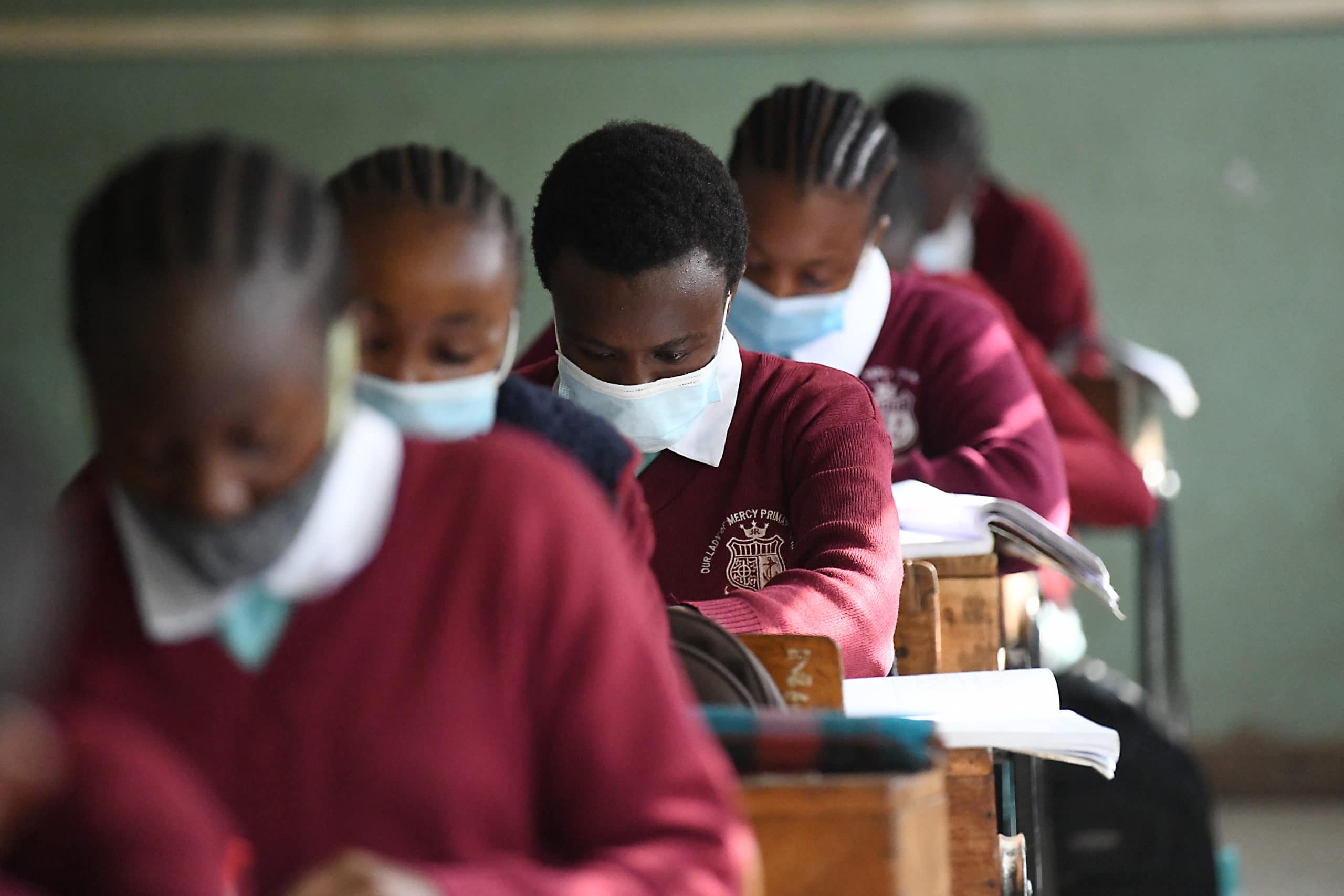The UNICEF released a report in November last year titled COVID-19: A Catastrophe for Children in Sub-Saharan Africa, stating that prolonged school closures due to Covid-19 have presented multiple problems in the sub-Saharan African region. There is now a higher rate of teenage pregnancy, poor nutrition, and permanent dropouts from school.
Furthermore, the report read: “School closures have caused the number of children and adolescents not going to school to rise from around 100 million before the pandemic to 350 million.” A classroom report of different countries:
NIGERIA
Despite the fact that Nigeria is battling with the second wave of the pandemic, learners returned to school on January 18 this year. However, the House of Representatives asked the government to postpone the reopening by three months, due to the increasing number of Covid-19 deaths.

“We are particularly concerned that when the infection rates hovered around 500 and under, schools were closed but now that it hovers well above 1,000 infections daily, schools are being reopened. Why are we rushing to reopen schools without adequate verifiable and sustainable arrangements to protect and secure our children?” The House Committee on Basic Education and Services stated in a press release, reported This Day.
Loading...
SOUTH AFRICA
The government announced on January 15 that schools will remain closed until February 15. This is due to concerns around the country’s more serious second Covid-19 wave. Teachers have had to report to schools at the beginning of February.
At the end of January the country’s Basic education Minister, Angie Motshekga, indicated in a gazette that the return of students will be staggered. Business Tech further reported that private school pupils will be allowed to return to school two weeks earlier than their public school counterparts.
KENYA

Schools in Kenya reopened at the beginning of the year after being closed since March 2020. VOA News reported that Kenya has yet to contain the pandemic and there are concerns among teachers and parents about being exposed to the infection.
ZIMBABWE

At the end of last year, the country announced it would postpone the date schools reopen. Originally, learners were to return on January 4, but a new date would be announced in due course. This, however, is not only due to the pandemic but also coupled with the threat of flooding posed by Cyclone Chalane.
eSWATINI
After eSwatini strengthened its lockdown regulations on January 7, with a spike in Covid-19 cases, Deputy Prime Minister Themba Masuku announced that schools would remain closed indefinitely.
According to the SABC, the President of the Swaziland National Association of Teachers in eSwatini, Mbongwa Dlamini, commended the government for postponing the reopening of schools.
“As a trade union of teachers, we are saying that the government should make sure that before schools are open, the schools should be safe for teaching and learning. So if the schools are not safe for teaching and learning, it is best for the government to wait.”
Loading...
